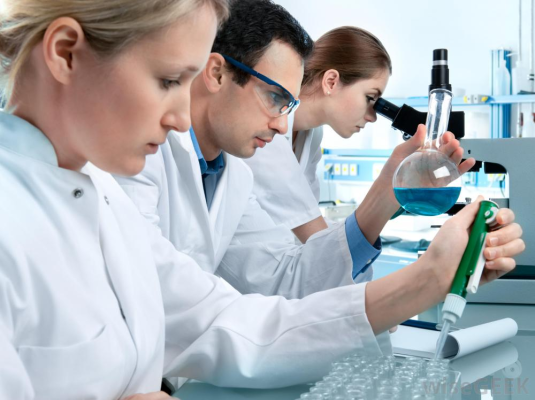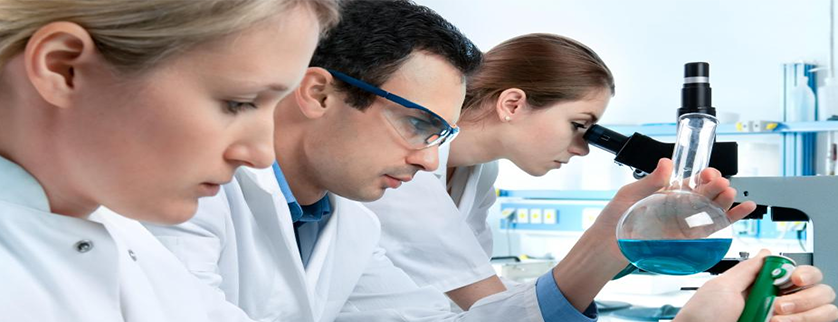Persistent Organic Pollutants (POPs) have emerged as a significant environmental issue in recent decades. These hazardous chemicals pose significant threats to ecosystems, wildlife, and human health due to their persistence, bioaccumulative potential, and long-range transport capabilities. In this comprehensive guide, we delve into the origins, characteristics, impacts, and management strategies of POPs to provide a holistic view of this issue.
1. What are Persistent Organic Pollutants (POPs)?
Persistent Organic Pollutants (POPs) refer to a group of hazardous chemicals that do not readily degrade in the environment, persisting for extended periods. These substances encompass various organic compounds, including pesticides, industrial chemicals, and by-products of combustion. Despite their diverse origins, POPs share common characteristics such as stability, environmental persistence, and the ability to accumulate within living organisms.
2. Characteristics of POPs?
The unique characteristics of POPs contribute to their sustainability and widespread distribution. These chemicals resist environmental degradation processes such as photolysis and biodegradation, resulting in their long-term presence in soil, water, and air. Additionally, POPs exhibit lipophilic properties, allowing them to accumulate in the fatty tissues of living organisms through a process known as bioaccumulation.
3.Impacts of POPs on the Environment?

The environmental impacts of POPs are multifaceted and far-reaching. These pollutants can disrupt ecosystems, jeopardize biodiversity, and undermine the health of both terrestrial and aquatic organisms. POPs have been linked to adverse effects such as reproductive disorders, developmental abnormalities, and immune system suppression in wild animals. Furthermore, the bioaccumulative nature of POPs in food chains poses risks to human health, especially in communities reliant on contaminated resources.
4. Impacts of POPs on Human Health
Human exposure to POPs occurs through various pathways, including consumption of contaminated food, inhalation of polluted air, and dermal contact. Long-term exposure to POPs has been associated with numerous health effects, including cancer, neurological disorders, and hormonal imbalances. Vulnerable populations such as children, pregnant women, and fetuses are particularly susceptible to the adverse effects of POPs due to heightened developmental stages and increased sensitivity.
5. Mitigation Strategies and Best Practices
Reducing POPs pollution requires a combination of management measures, technological advancements, and enhanced public awareness. Strategies such as pollution prevention, waste minimization, and adoption of clean production techniques can help minimize the release of POPs into the environment. Additionally, promoting sustainable agricultural practices, implementing proper waste management systems, and strengthening monitoring and enforcement mechanisms are crucial for controlling POPs pollution.
6. Reducing the Risk of POPs Pollution
As the international community continues to confront the challenges posed by Persistent Organic Pollutants (POPs), focused efforts are essential to mitigate their impacts on the environment and human health. By implementing robust legal frameworks, fostering international cooperation, and promoting sustainable measures, we can strive towards a cleaner, healthier planet for current and future generations. Through collective action and shared awareness, we can address the risks of POPs pollution and safeguard ecosystems and communities worldwide.
In conclusion, Persistent Organic Pollutants (POPs) represent a complex environmental issue with widespread implications. Understanding the origins, characteristics, impacts, and management strategies of POPs is crucial for developing effective strategies to minimize their effects. By collaborating to seek sustainable solutions, we can protect the environment, wildlife, and human health from the risks of POPs pollution.
If you need professional quality control inspection services, contact VIS today! We ensure your product quality every step of the way!



Related Posts